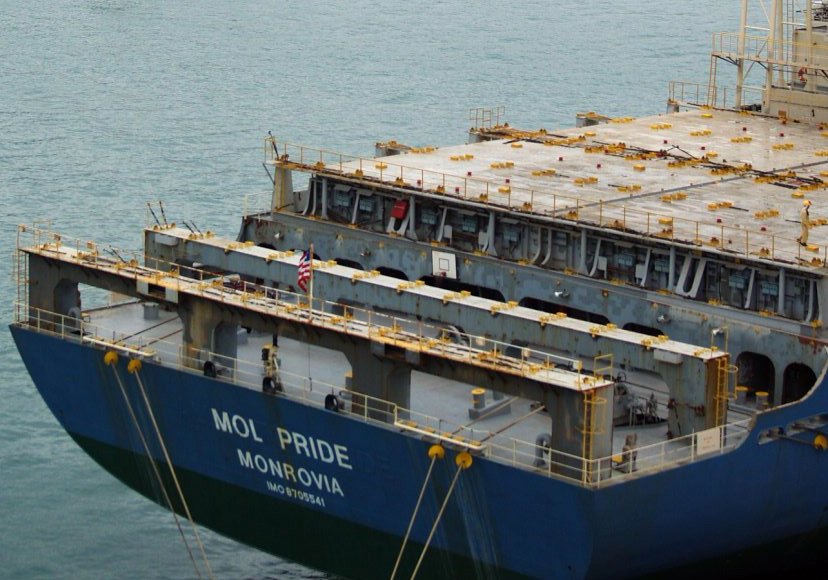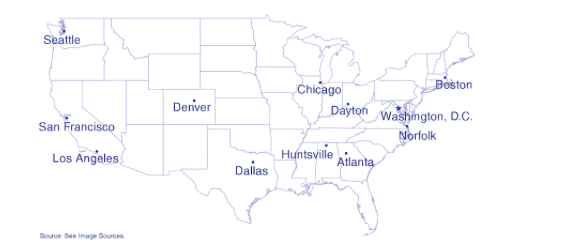|
MISLE
The Marine Information for Safety and Law Enforcement (MISLE) is a database system managed and used by the United States Coast Guard (USCG). The MISLE is used to store data on marine accidental and deliberate pollution and other shipping and port accidents in US territorial waters. It accounts for vessels and other facilities, like port terminals and shipyards. The system has now been operational for a few years. It was introduced in December 2001 to replace the previous Marine Safety Information System (MSIS). The public may access portions of the data contained on the MISLE system through the Port State Information eXchange (PSIX). Originally, the PSIX system was designed to provide other countries with Port State Intervention data on foreign-flagged vessels. Currently, it contains information on over 650,000 U.S. and foreign flagged vessels (including those used for recreational purposes). The PSIX system contains vessel specific information derived from the United States C ... [...More Info...] [...Related Items...] OR: [Wikipedia] [Google] [Baidu] |
United States Coast Guard
The United States Coast Guard (USCG) is the maritime security, search and rescue, and law enforcement service branch of the United States Armed Forces and one of the country's eight uniformed services. The service is a maritime, military, multi-mission service unique among the United States military branches for having a maritime law enforcement mission with jurisdiction in both domestic and international waters and a federal regulatory agency mission as part of its duties. It is the largest and most powerful coast guard in the world, rivaling the capabilities and size of most navies. The U.S. Coast Guard is a humanitarian and security service. It protects the United States' borders and economic and security interests abroad; and defends its sovereignty by safeguarding sea lines of communication and commerce across vast territorial waters spanning 95,000 miles of coastline and its Exclusive Economic Zone. With national and economic security depending upon open global t ... [...More Info...] [...Related Items...] OR: [Wikipedia] [Google] [Baidu] |
Database
In computing, a database is an organized collection of data stored and accessed electronically. Small databases can be stored on a file system, while large databases are hosted on computer clusters or cloud storage. The design of databases spans formal techniques and practical considerations, including data modeling, efficient data representation and storage, query languages, security and privacy of sensitive data, and distributed computing issues, including supporting concurrent access and fault tolerance. A database management system (DBMS) is the software that interacts with end users, applications, and the database itself to capture and analyze the data. The DBMS software additionally encompasses the core facilities provided to administer the database. The sum total of the database, the DBMS and the associated applications can be referred to as a database system. Often the term "database" is also used loosely to refer to any of the DBMS, the database system or an appli ... [...More Info...] [...Related Items...] OR: [Wikipedia] [Google] [Baidu] |
Territorial Waters
The term territorial waters is sometimes used informally to refer to any area of water over which a sovereign state has jurisdiction, including internal waters, the territorial sea, the contiguous zone, the exclusive economic zone, and potentially the extended continental shelf. In a narrower sense, the term is used as a synonym for the territorial sea. Baseline Normally, the baseline from which the territorial sea is measured is the low-water line along the coast as marked on large-scale charts officially recognized by the coastal state. This is either the low-water mark closest to the shore, or alternatively it may be an unlimited distance from permanently exposed land, provided that some portion of elevations exposed at low tide but covered at high tide (like mud flats) is within of permanently exposed land. Straight baselines can alternatively be defined connecting fringing islands along a coast, across the mouths of rivers, or with certain restrictions across the mout ... [...More Info...] [...Related Items...] OR: [Wikipedia] [Google] [Baidu] |
Marine Safety Information System
Marine is an adjective meaning of or pertaining to the sea or ocean. Marine or marines may refer to: Ocean * Maritime (other) * Marine art * Marine biology * Marine debris * Marine habitats * Marine life * Marine pollution Military * Marines, a naval-based infantry force ** United States Marine Corps ** Royal Marines of the UK ** Brazilian Marine Corps ** Spanish Marine Infantry ** Fusiliers marins (France) ** Indonesian Marine Corps ** Republic of China Marine Corps ** Republic of Korea Marine Corps ** Royal Thai Marine Corps *"Marine" also means "navy" in several languages: ** Austro-Hungarian Navy () ** Belgian Navy (, , ) ** Royal Canadian Navy () *** Provincial Marine (1796–1910), a predecessor to the Royal Canadian Navy ** Navy of the Democratic Republic of the Congo () ** Royal Danish Navy () ** Finnish Navy (, ) ** French Navy () ** Gabonese Navy () ** German Navy () ** Royal Moroccan Navy () ** Royal Netherlands Navy () ** Swedish Navy () Places ... [...More Info...] [...Related Items...] OR: [Wikipedia] [Google] [Baidu] |
Port State
Port state control (PSC) is an inspection regime for countries to inspect foreign-registered ships in port other than those of the flag state and take action against ships that are not in compliance. Inspectors for PSC are called PSC officers (PSCOs), and are required to investigate compliance with the requirements of international conventions, such as SOLAS, MARPOL, STCW, and the MLC. Inspections can involve checking that the vessel is manned and operated in compliance with applicable international law, and verifying the competency of the ship's master and officers, and the ship's condition and equipment. History In 1978, a number of European countries agreed in The Hague on a memorandum for the audit of labour conditions on board vessels as to whether they were in accordance with the rules of the ILO. After the '' Amoco Cadiz'' sank that year, it was decided to also audit safety and pollution practices. To this end, in 1982 fourteen European countries agreed on the Paris ... [...More Info...] [...Related Items...] OR: [Wikipedia] [Google] [Baidu] |
Foreign Flagged
Flag of convenience (FOC) is a business practice whereby a ship's owners register a merchant ship in a ship register of a country other than that of the ship's owners, and the ship flies the civil ensign of that country, called the flag state.Bernaert, 2006, p. 104. The term is often used pejoratively, and although common, the practice is sometimes regarded as contentious. Each merchant ship is required by international law to be registered in a registry created by a country,ICFTU et al., 2002, p. 7. and a ship is subject to the laws of that country, which are used also if the ship is involved in a case under admiralty law. A ship's owners may elect to register a ship in a foreign country so as to avoid the regulations of the owners' country, which may, for example, have stricter safety standards. They may also select a jurisdiction to reduce operating costs, avoiding higher taxes in the owners' country and bypassing laws that protect the wages and working conditions of ma ... [...More Info...] [...Related Items...] OR: [Wikipedia] [Google] [Baidu] |
Freedom Of Information Act (United States)
The Freedom of Information Act (FOIA), , is the U.S. federal freedom of information law that requires the full or partial disclosure of previously unreleased or uncirculated information and documents controlled by the United States government, state, or other public authority upon request. The act defines agency records subject to disclosure, outlines mandatory disclosure procedures, and includes nine exemptions that define categories of information not subject to disclosure. The act was intended to make U.S. government agencies' functions more transparent so that the American public could more easily identify problems in government functioning and put pressure on Congress, agency officials, and the president to address them. The FOIA has been changed repeatedly by both the legislative and executive branches. Apart from the U.S. federal government's Freedom of Information Act, the U.S. states have their own varying freedom of information laws. The Freedom of Information Act ... [...More Info...] [...Related Items...] OR: [Wikipedia] [Google] [Baidu] |
General Accounting Office
The U.S. Government Accountability Office (GAO) is a legislative branch government agency that provides auditing, evaluative, and investigative services for the United States Congress. It is the supreme audit institution of the federal government of the United States. It identifies its core "mission values" as: accountability, integrity, and reliability. It is also known as the "congressional watchdog". Powers of GAO The work of the GAO is done at the request of congressional committees or subcommittees or is mandated by public laws or committee reports. It also undertakes research under the authority of the Comptroller General. It supports congressional oversight by: * auditing agency operations to determine whether federal funds are being spent efficiently and effectively; * investigating allegations of illegal and improper activities; * reporting on how well government programs and policies are meeting their objectives; * performing policy analyses and outlining options for ... [...More Info...] [...Related Items...] OR: [Wikipedia] [Google] [Baidu] |



